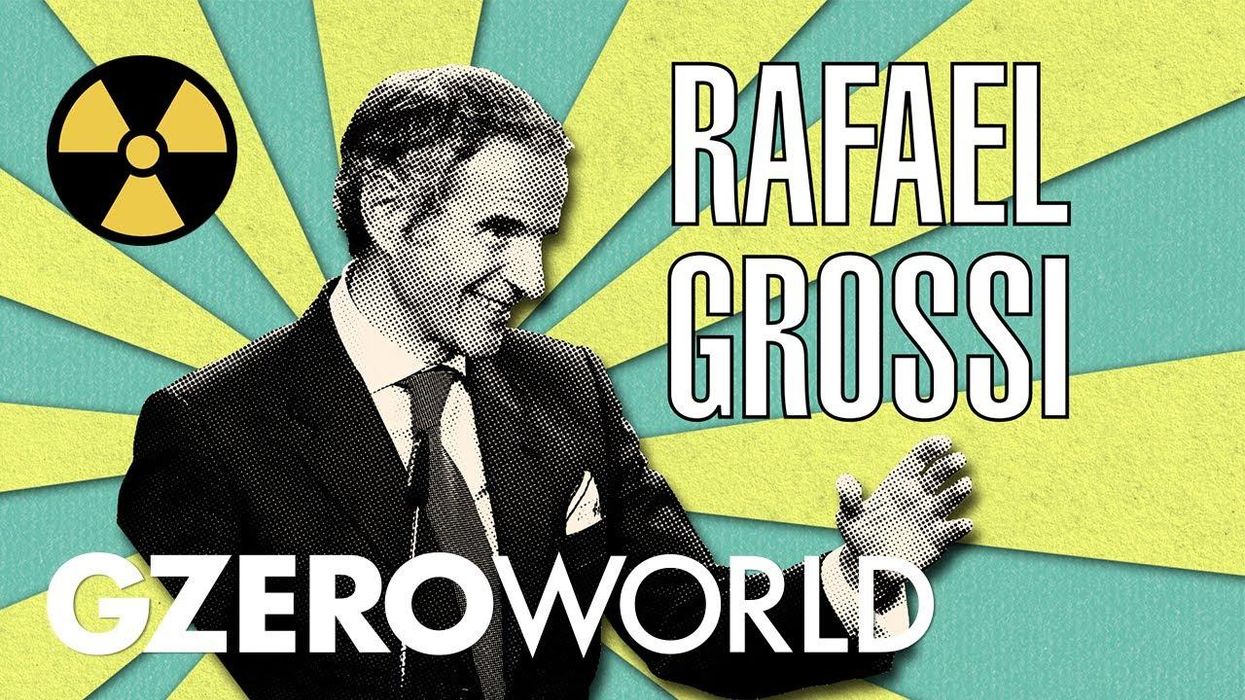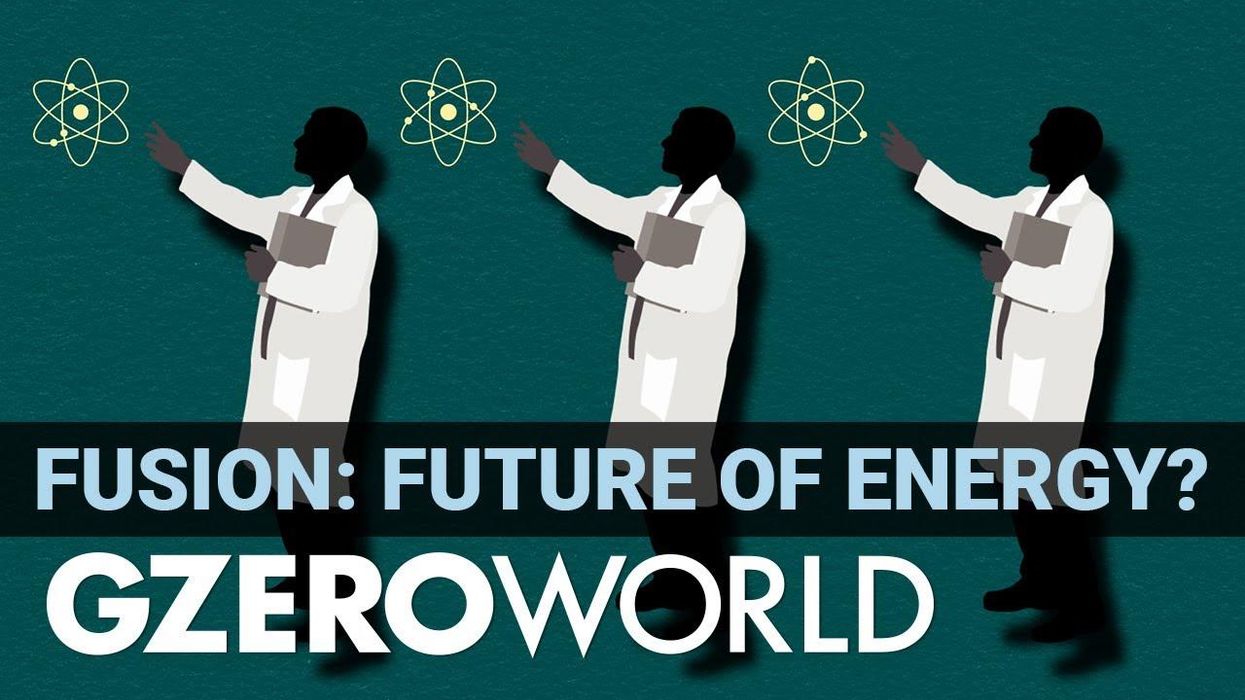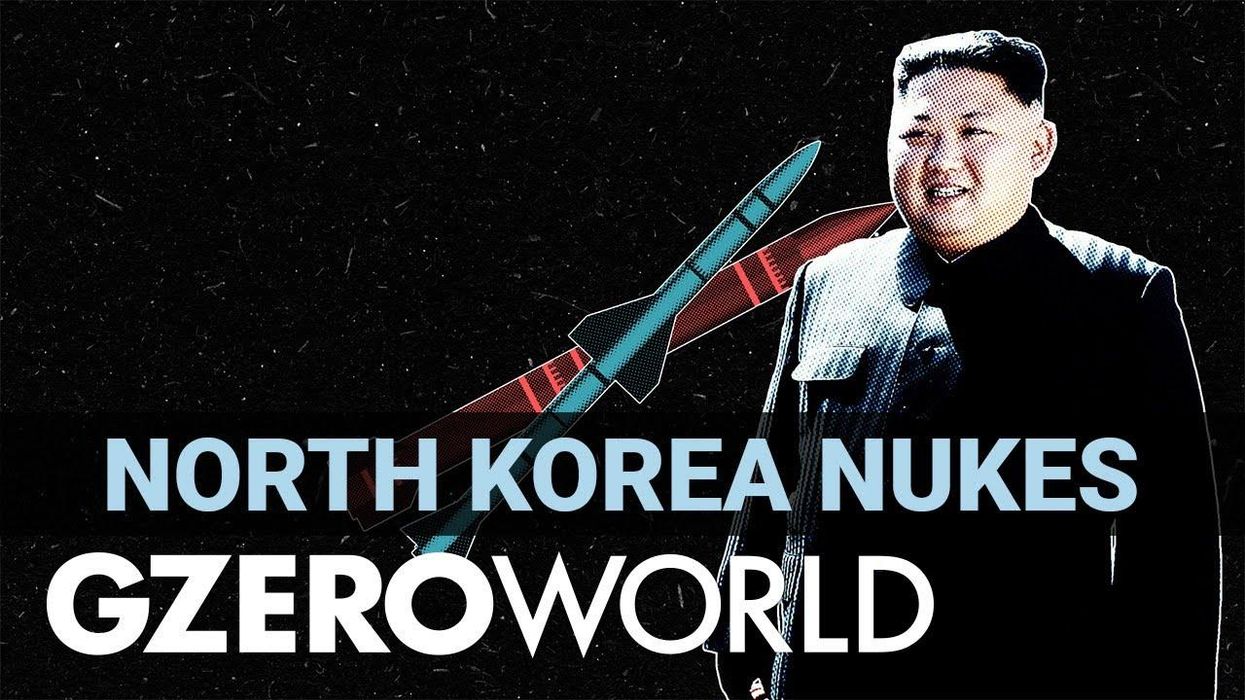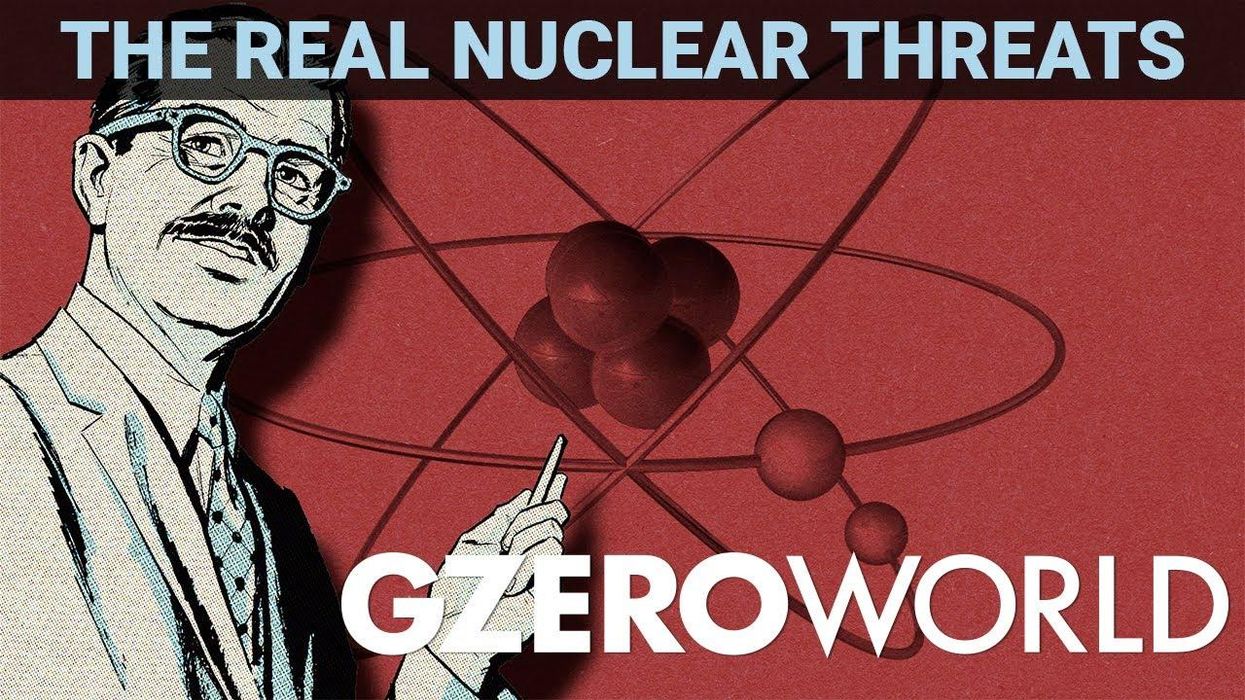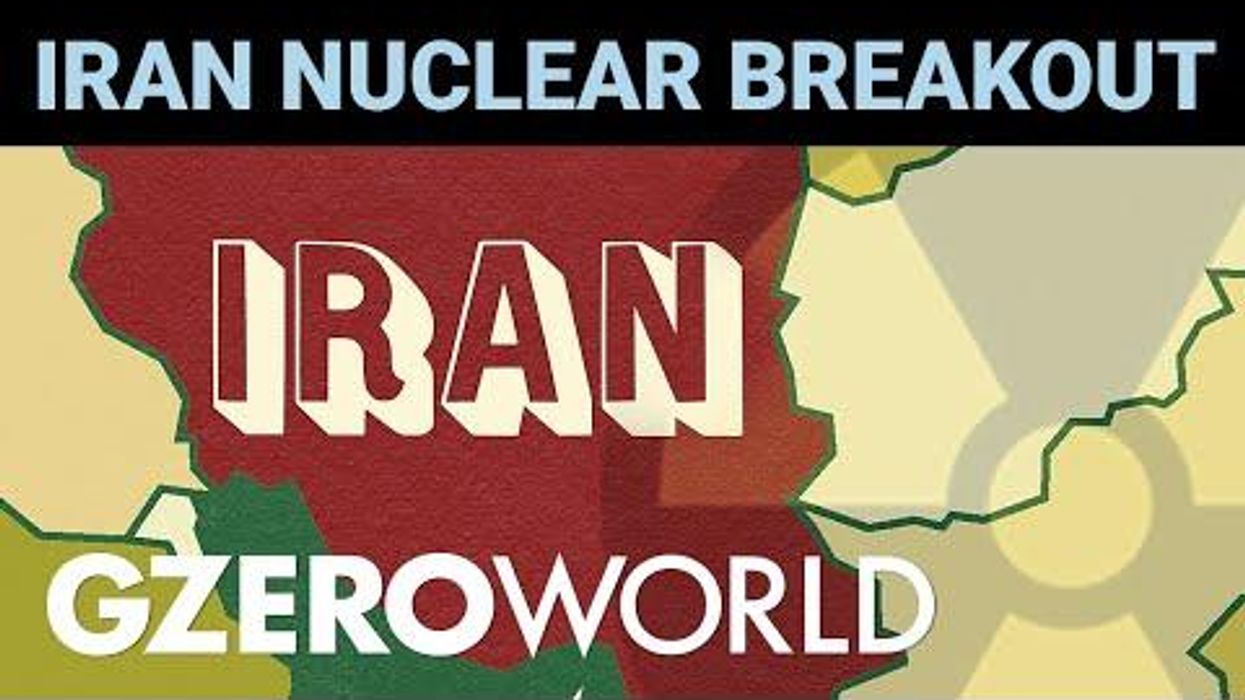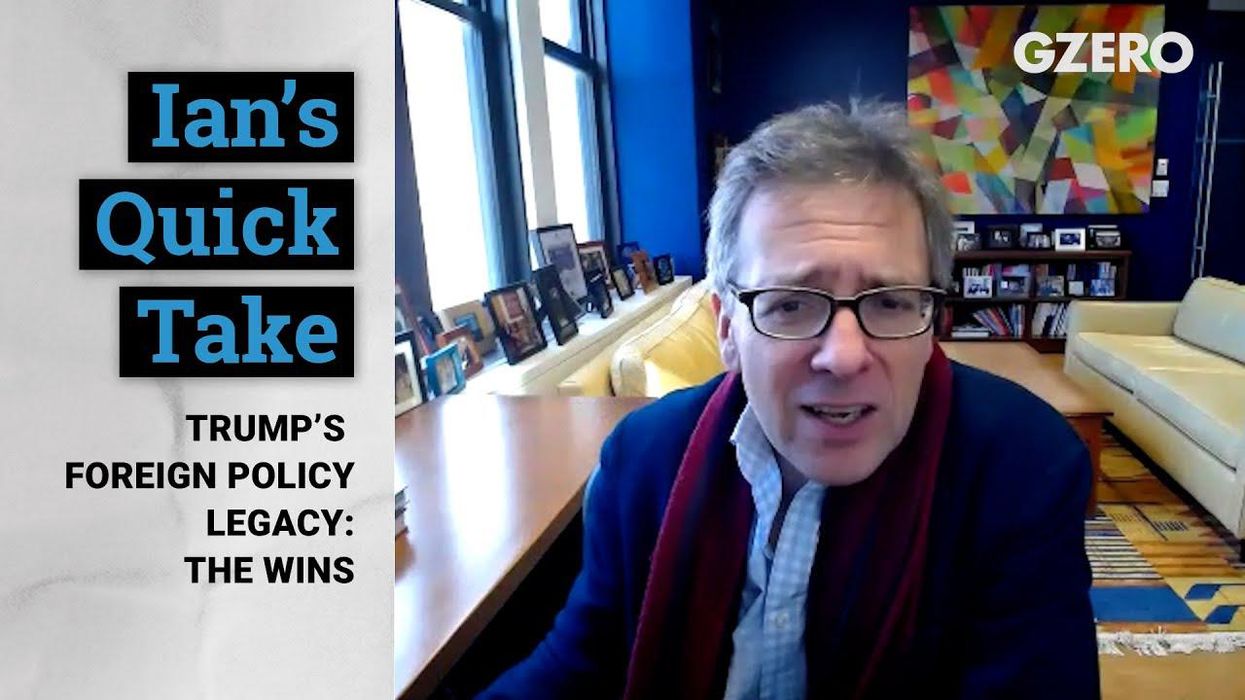GZERO World Clips
The world’s nuclear threats and what the IAEA is doing about them
International Atomic Energy Agency chief Rafael Grossi witnessed first-hand how close we came to another Chernobyl disaster thanks to fighting near the Zaporizhzhia nuclear power plant in southern Ukraine. On GZERO World, Ian Bremmer asks Grossi about the world's nuclear threats and what the IAEA is doing about them. Grossi views himself as a mediator — if leaders are willing to listen to him.
Feb 05, 2023
